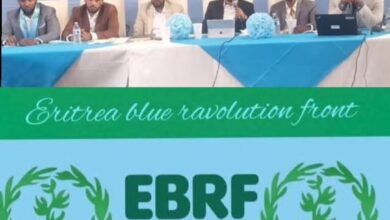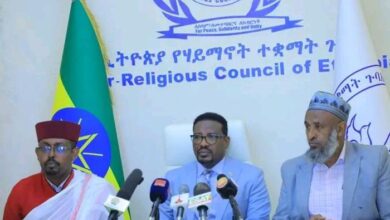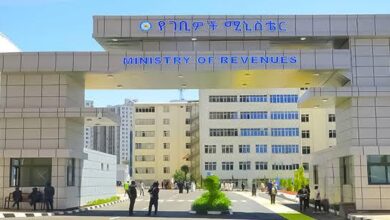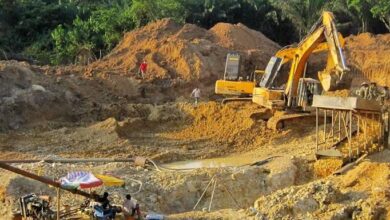American Journalist Praises GERD as a Symbol of African Self-Reliance and Regional Unity
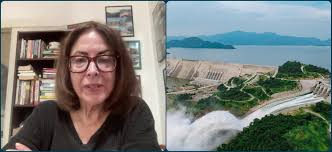
Ethiomonitor -Addis Ababa
September 28, 2025
In a recent interview with the Ethiopian News Agency, American journalist Ann Garrison characterized the Grand Ethiopian Renaissance Dam (GERD) as more than a mere hydropower project; she views it as a beacon of hope for Ethiopia and the broader African continent. Garrison, a Contributing Editor for Black Agenda Report and a contributor to The Grayzone, has closely followed the development of the GERD for several years, recognizing it as an embodiment of African self-reliance and resilience.
“It’s not just a dam; it’s a pathway to industrialization, sustainable development, and regional unity. It’s one of the most exciting stories in Africa today,” she asserted.
Garrison highlighted the dam’s potential to provide essential electricity, which she believes is crucial for breaking Africa’s cycle of economic dependency and underdevelopment. “Electricity is one of the most important elements needed to escape the economic trap,” she explained. “The GERD can deliver power across the Horn of Africa, generate revenue for the Ethiopian government, and improve daily life by illuminating homes, facilitating education, and empowering industries.”
One of the most notable aspects of the GERD, according to Garrison, is its financing. Unlike many large-scale African infrastructure projects that rely on foreign aid or international loans, the GERD has been entirely funded by Ethiopians. Ordinary citizens have contributed to its construction through bond purchases and other means. “I don’t know of another major project of this scale financed entirely by the people. That’s why the GERD transcends politics—it is a national achievement,” she remarked.
Addressing Egypt’s objections to the dam, Garrison dismissed the reliance on outdated colonial-era treaties that granted Egypt exclusive rights to the Nile’s waters. “More than 85 percent of the Nile’s waters originate in Ethiopia. Ethiopia has every right to use them,” she argued, noting that the GERD can also help regulate floods in Sudan and Egypt, thereby serving as a tool for regional cooperation.
On the subject of climate change, Garrison emphasized that Africa should not be pressured by industrialized nations, which are primarily responsible for global carbon emissions, regarding its energy choices. “Africa should pursue energy sources that work for Africa. Given the continent’s vulnerability to climate change, it makes sense to develop renewable energy that won’t exacerbate the crisis, such as the GERD,” she stated.
For Garrison, the GERD represents a significant renewable, eco-friendly, and sustainable energy source that is essential for Africa’s future. “The idea of a unified Horn of Africa, industrializing and cooperating, is precisely what the region needs,” she emphasized.
Describing herself as “the biggest fangirl of the GERD in the United States,” Garrison noted an increasing awareness of the project beyond Africa. “At a recent gathering, people were inquiring about the GERD. Many were already familiar with it. It’s rare these days to hear good news, but the successful completion and operation of the GERD is truly transformative for Africa,” she underscored.
As the largest hydropower plant on the continent, the GERD has the capacity to meet domestic energy demands and export surplus electricity to neighboring countries. Garrison concluded that cooperation among the Nile Basin nations is not merely desirable but essential.


